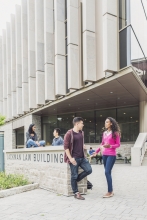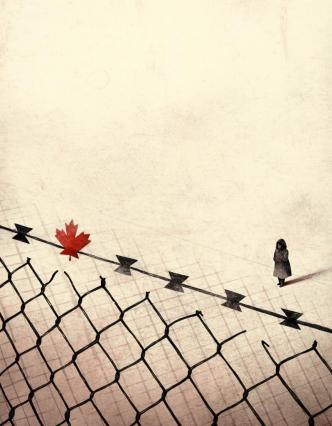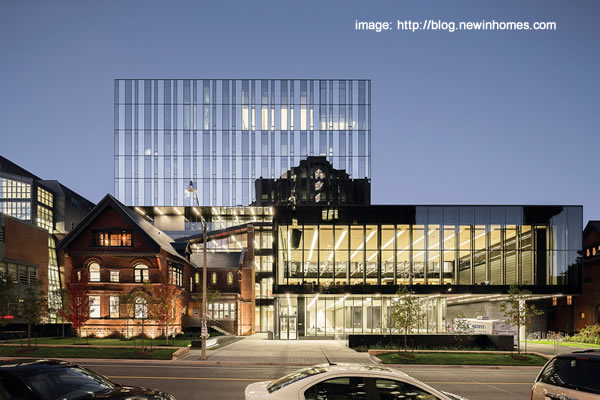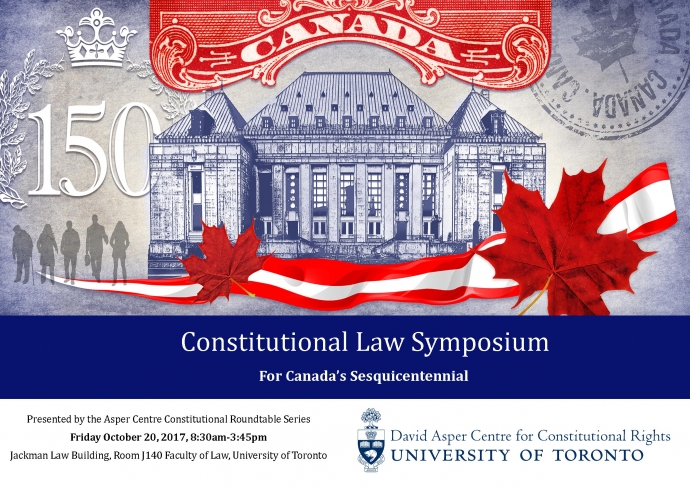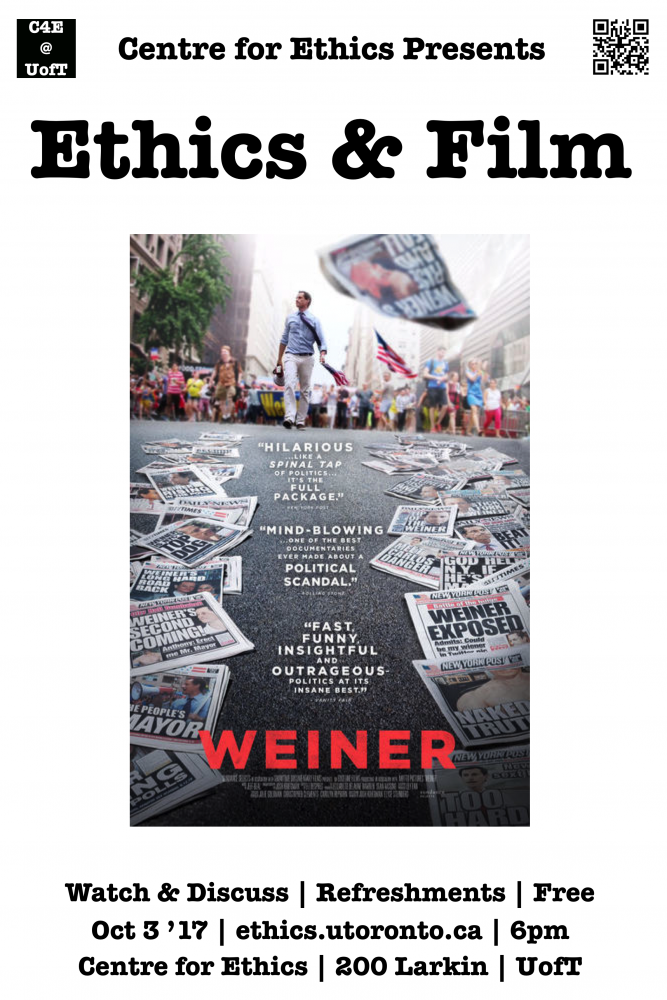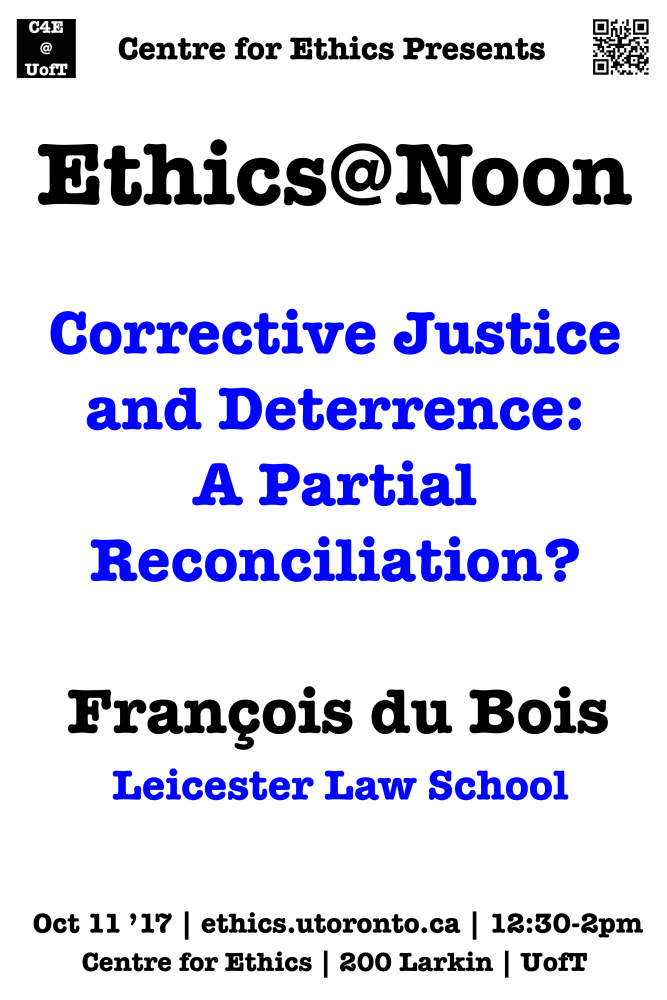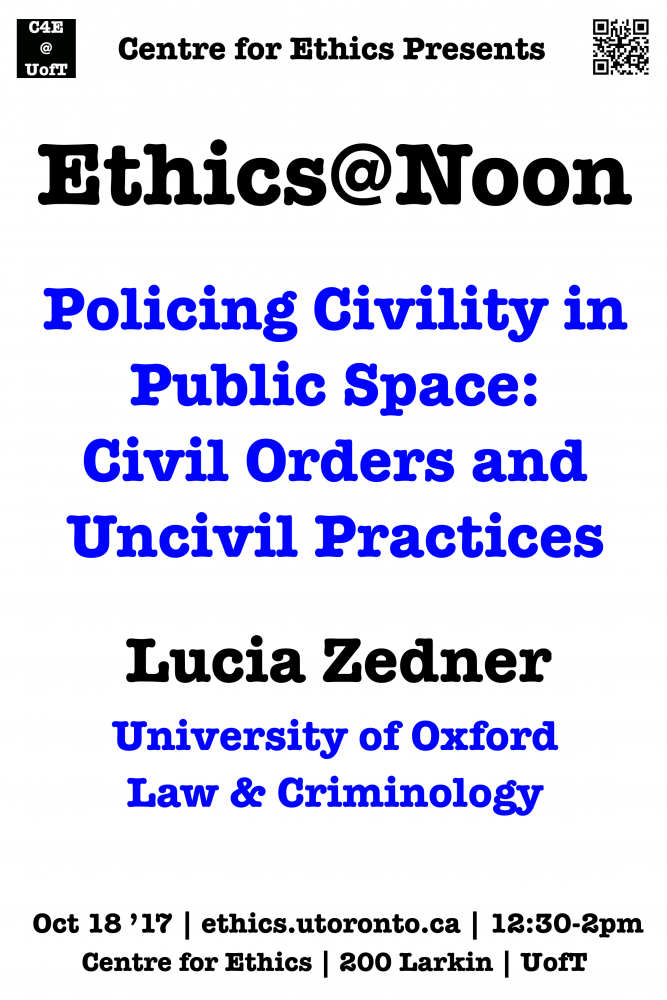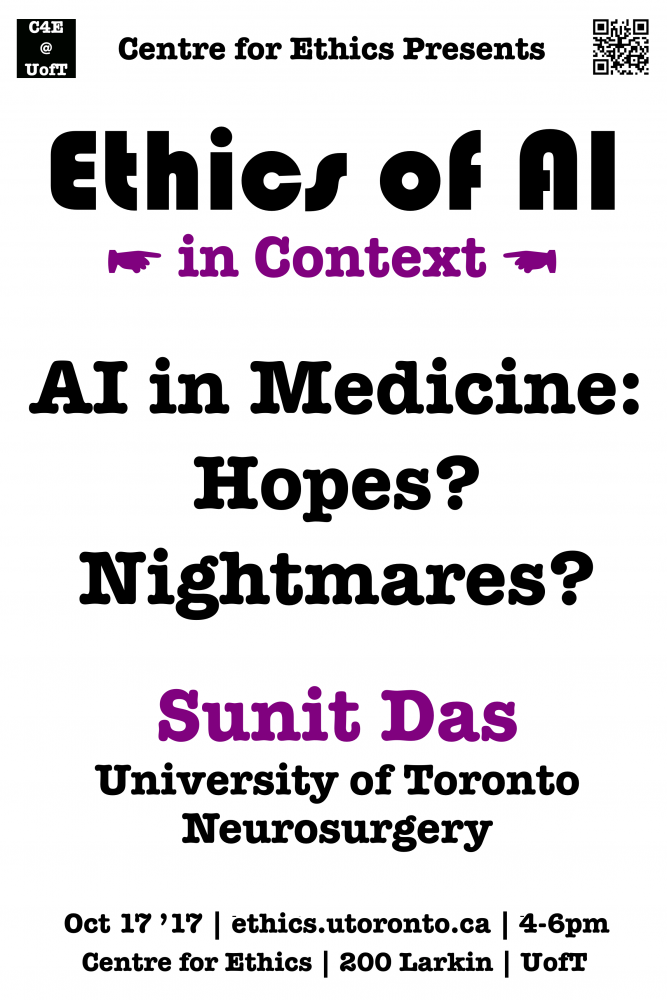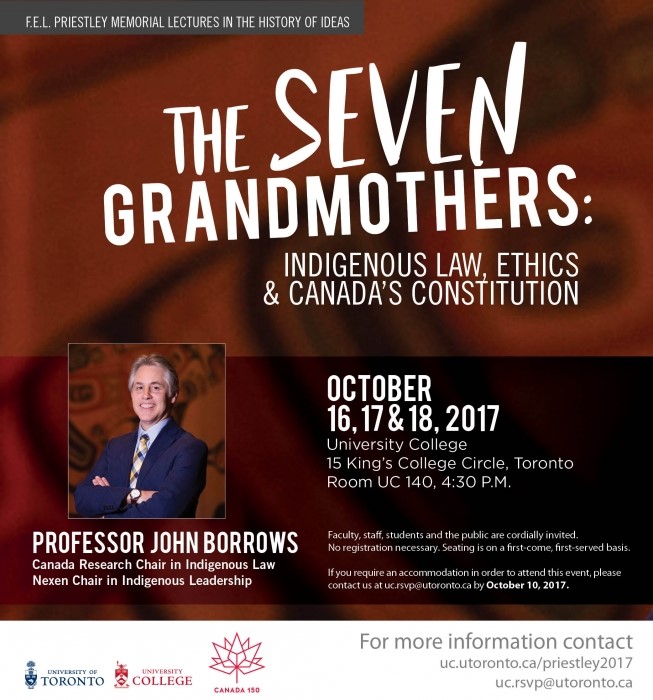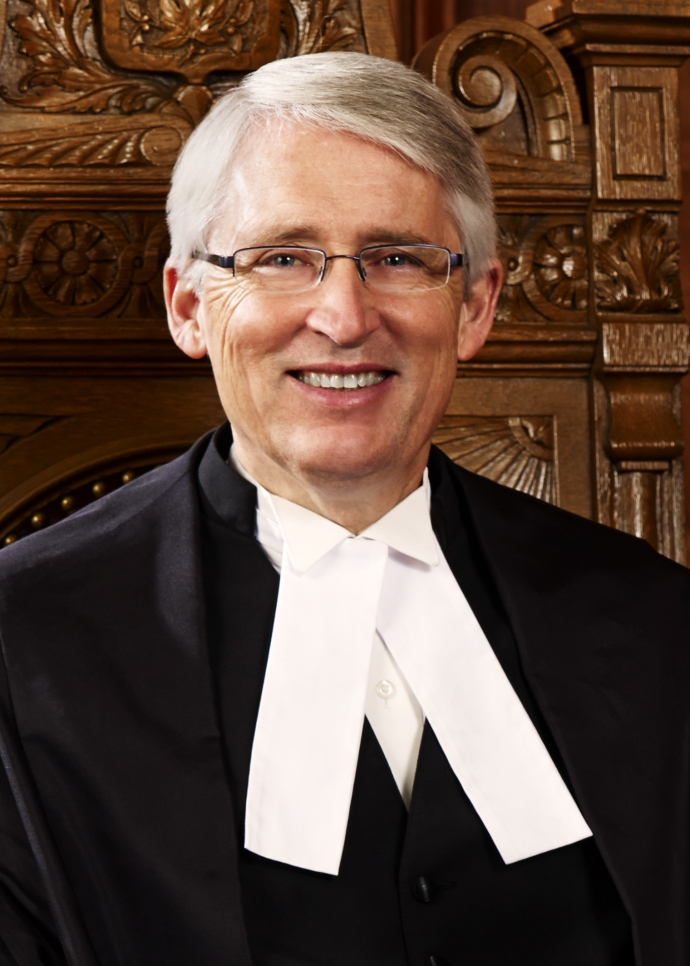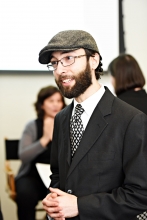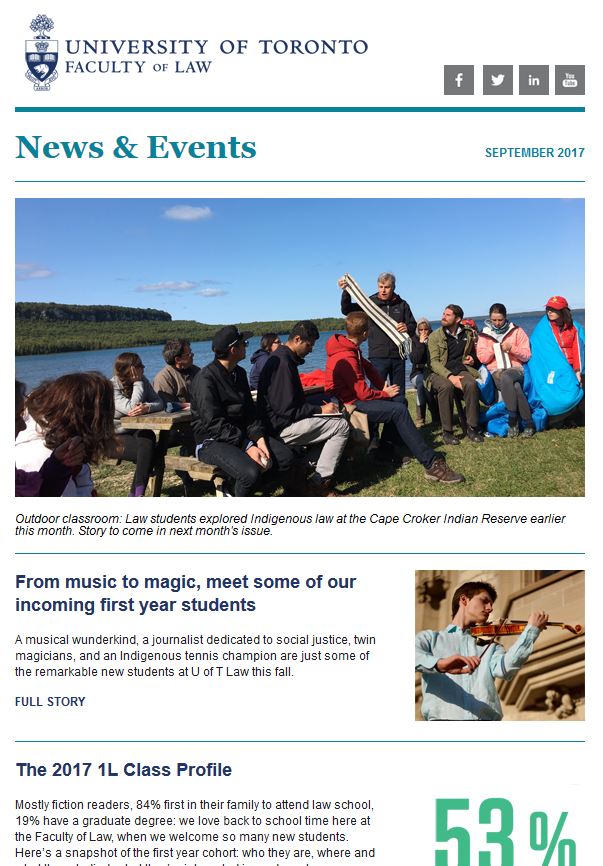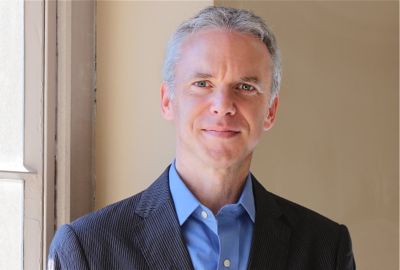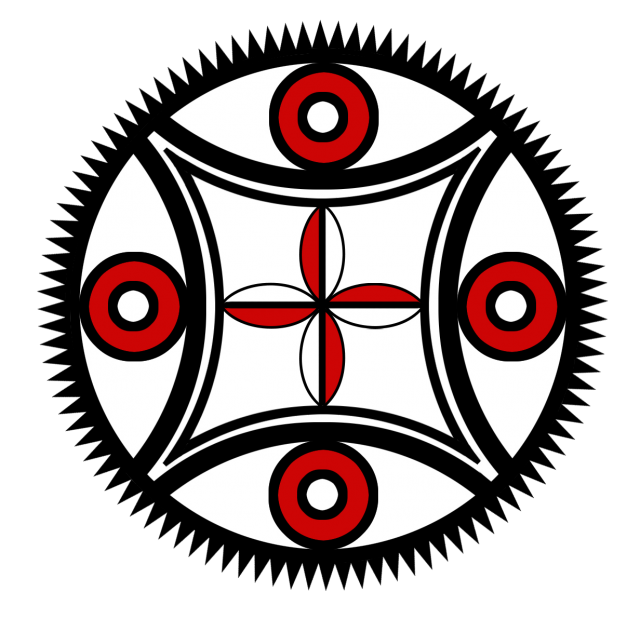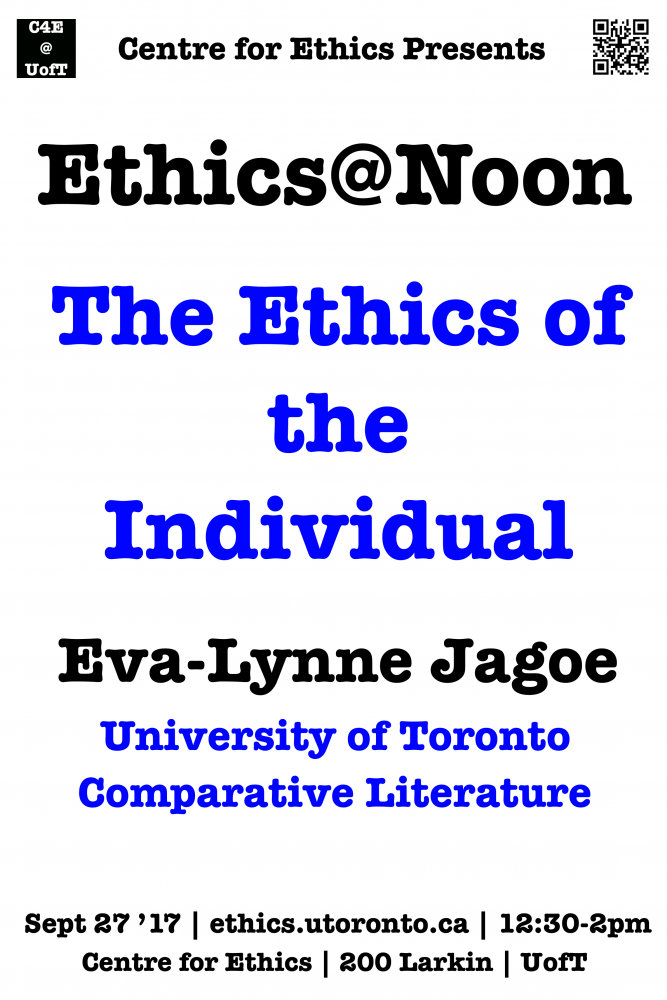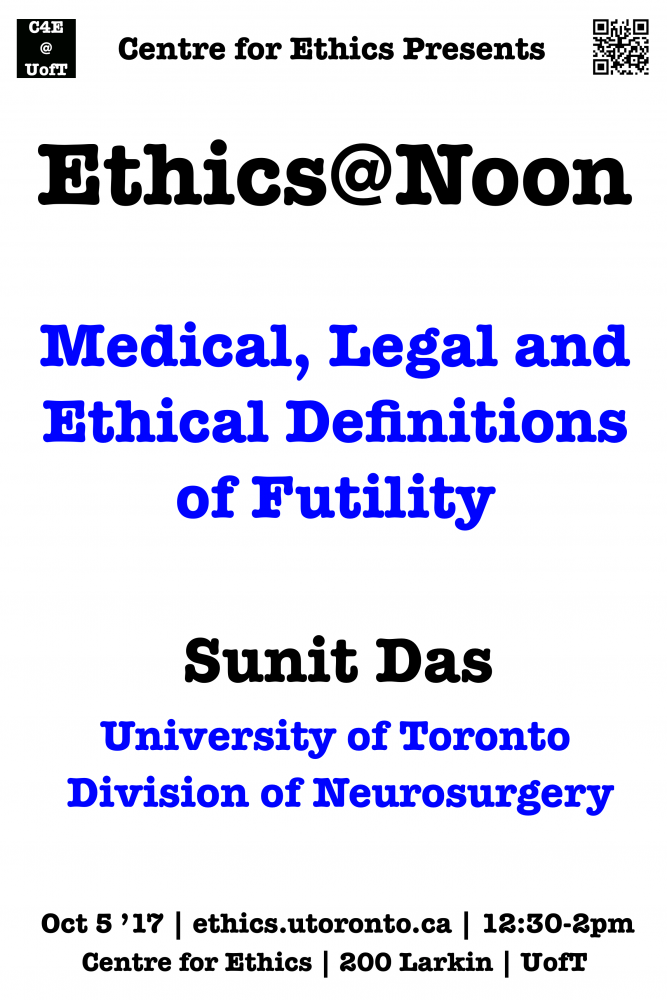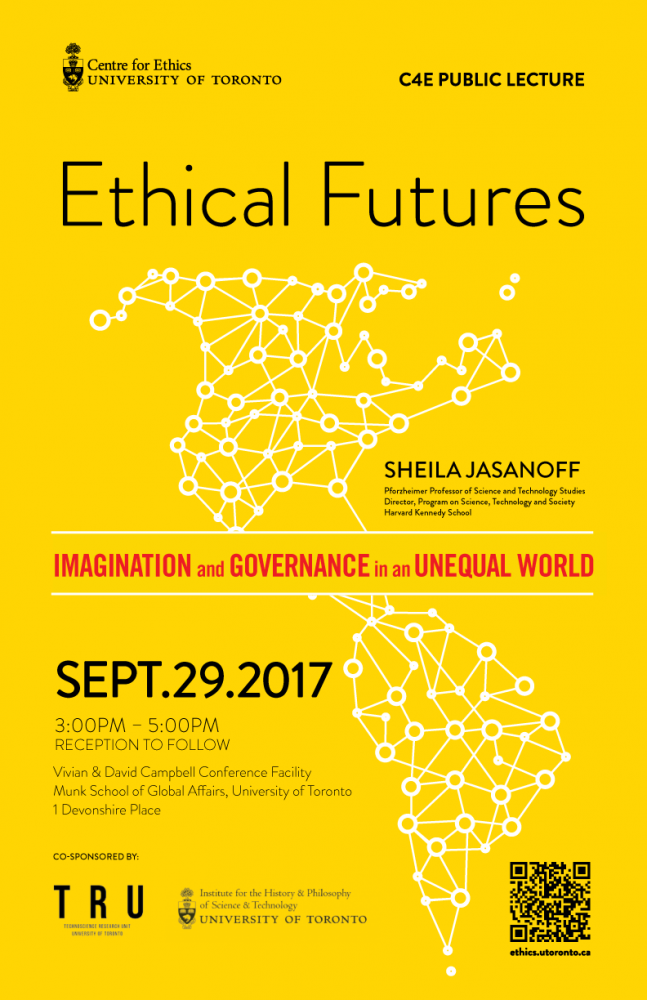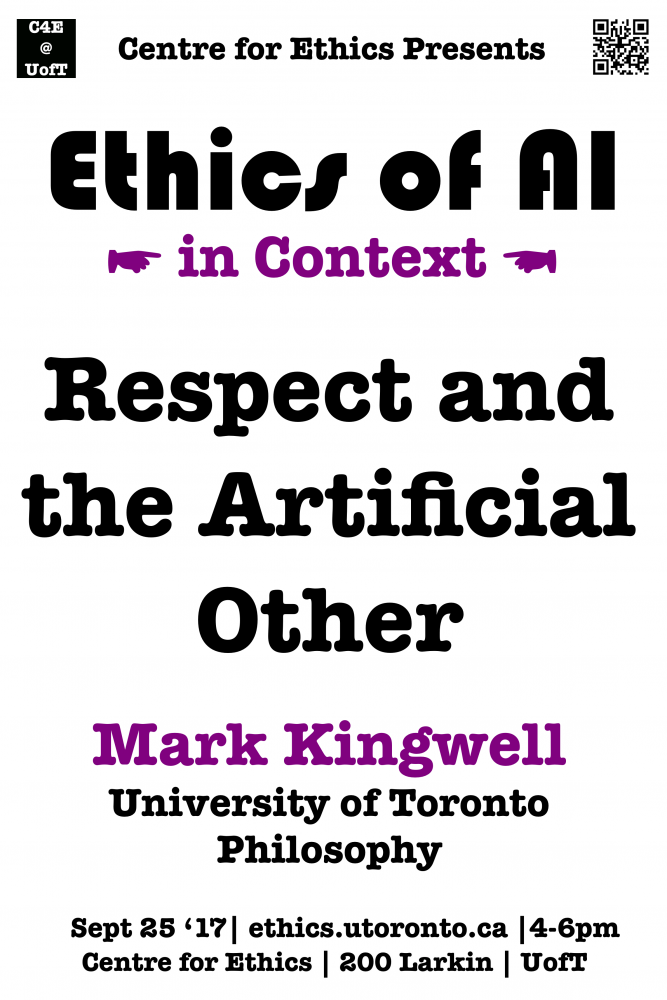Law Society of Upper Canada Special Event – Lawyers and Canada at 150.
On Wednesday September 27 the Law Society of Upper Canada will mark Canada’s 150th birthday with a special event highlighting the role of lawyers in making the Constitution and in the development of the inclusive society we are committed to building.
The event will take place at the Donald Lamont Learning Centre, Osgoode Hall, 130 Queen Street West, from 3.00-6.00, with a reception to follow, 6 – 7.30, in Convocation Hall at Osgoode Hall. The programme is reproduced below. The event is free but you are asked to register at http://www.lawsocietygazette.ca/event/lawyers-and-canada-at-150/
The first panel will speak to the role of lawyers in the making of the Constitution in 1867 and beyond.
PANEL 1: Moderator: Professor Jim Phillips, University of Toronto
Christopher Moore, award winning author and historian, will discuss the confederation debates over the division of powers.
The Honourable Robert Sharpe of the Ontario Court of Appeal will assess the origins and significance of the Persons Case.
Eric Adams of the University of Alberta will examine the career and ideas of lawyer and political activist Frank (F.R.) Scott.
Leading constitutional litigator Mary Eberts will revisit the drafting of section 15 of the Charter, in which she played an instrumental role.
The second panel will examine the careers of visionary lawyers who, from the causes they pursued and the careers they built, were ahead of their time.
PANEL 2: Moderator: Professor Philip Girard, Osgoode Hall Law School
Hamar Foster of the University of Victoria will discuss the early lawyers who represented British Columbia’s Indigenous peoples in the struggle for recognition of their land rights.
Barrington Walker of Queen’s University will talk about the struggles and triumphs of Delos Rogest Davis, the son of an escaped slave who was the second African-Canadian called to the Bar in Ontario, in 1886.
Laurel Sefton McDowell of the University of Toronto looks at labour activist, civil libertarian and lawyer Jacob Laurence (J.L.) Cohen, the most influential labour lawyer of the turbulent 1930s.
Constance Backhouse of the University of Ottawa will discuss the ways in which women have contributed to the legal profession from Clara Brett Martin’s first entry in 1897 and beyond.

